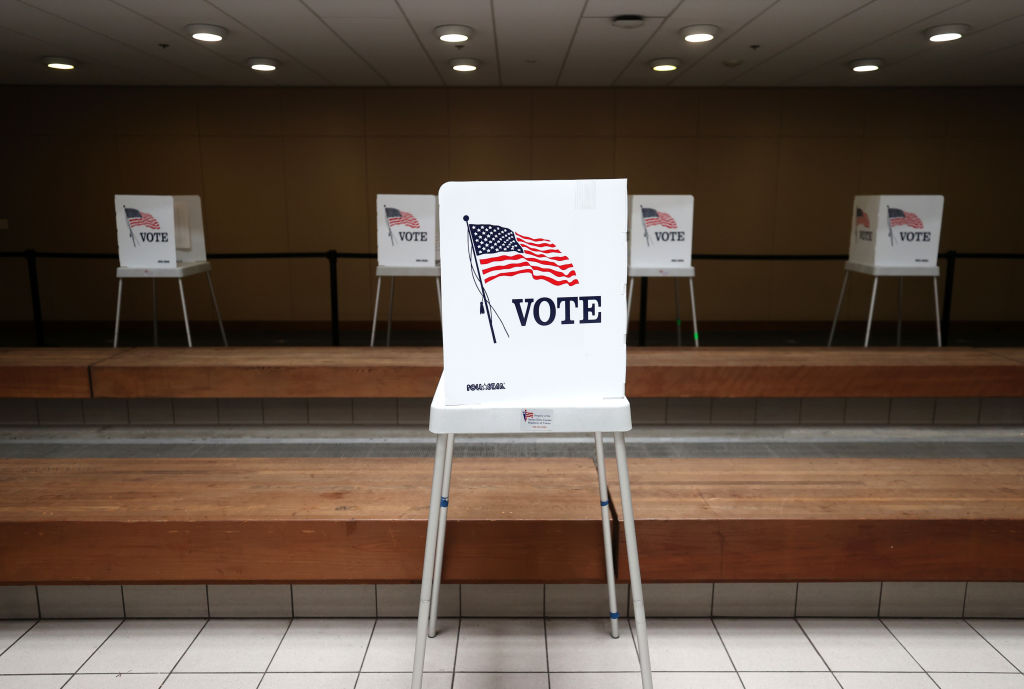In two recent Jacobin articles, Ben Case and Paul Prescod argued that 2024’s general election results demonstrate the great potential of ballot initiatives for enacting progressive policy in the United States. There is certainly material for such an interpretation: even Republican strongholds like Missouri and Alaska were able to pass minimum-wage hikes, and Nebraska and Kentucky voters beat school privatization measures. Taken selectively, these successes tell a story in which American voters, when given a direct say, come down firmly on the side of social and economic justice.
A wider perspective on this year’s state ballot referenda, however, calls this narrative into doubt. While some left-wing issues command sympathy in the usual fortresses of the American right, others almost universally inspire the opposite impulse. And though the 2024 election saw impressive wins for economic populism and social progress in Republican-leaning states, it also witnessed defeats for the same in deep-blue territory.
Nowhere were these losses more painful than in California, a case study that deserves close attention. These defeats make it clear that we can’t assume direct democracy will inherently favor progressive policy on balance. California’s results show that voters, even in solidly Democratic states, can be mobilized just as effectively for conservative causes — a reality that should inform how the Left approaches ballot measures. They can be a useful tool but also a dangerous one if we rush in unprepared.
Looking only at the contents of the 2024…
Auteur: Leona Mollica

